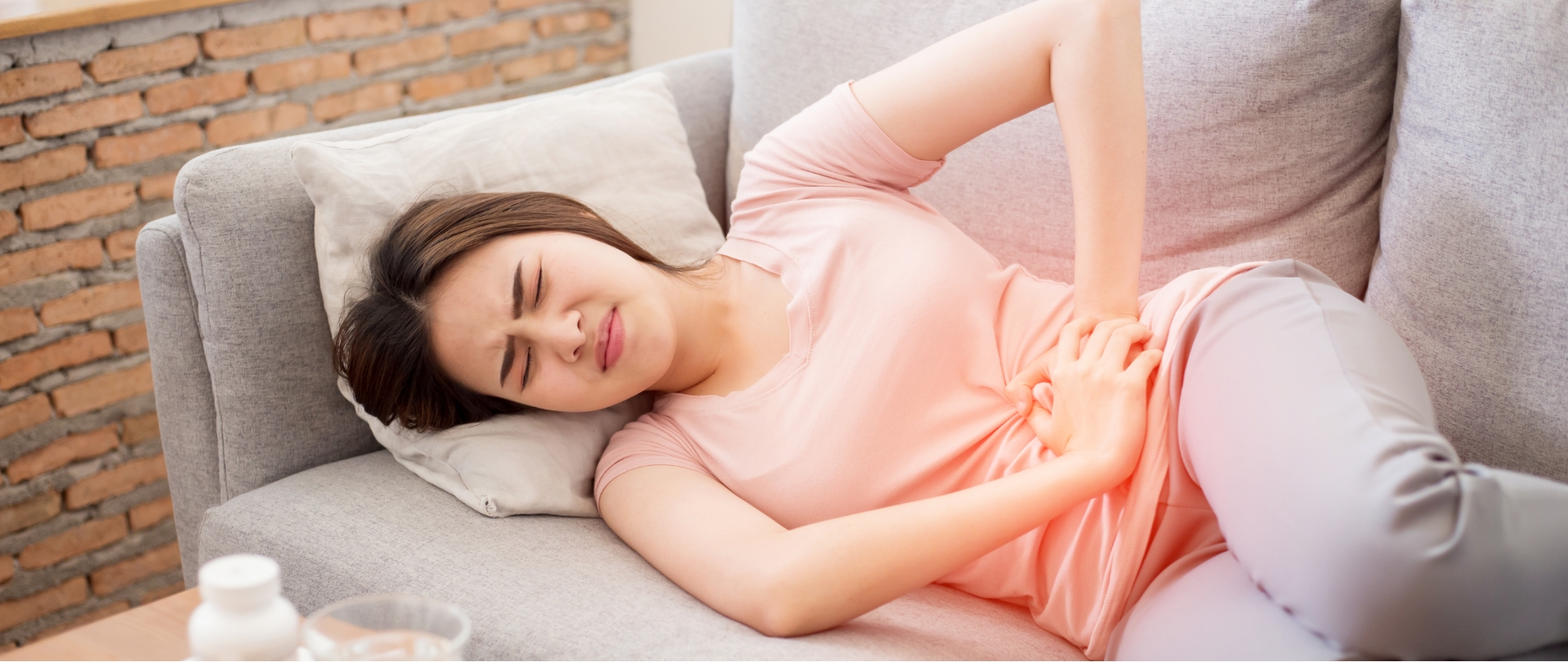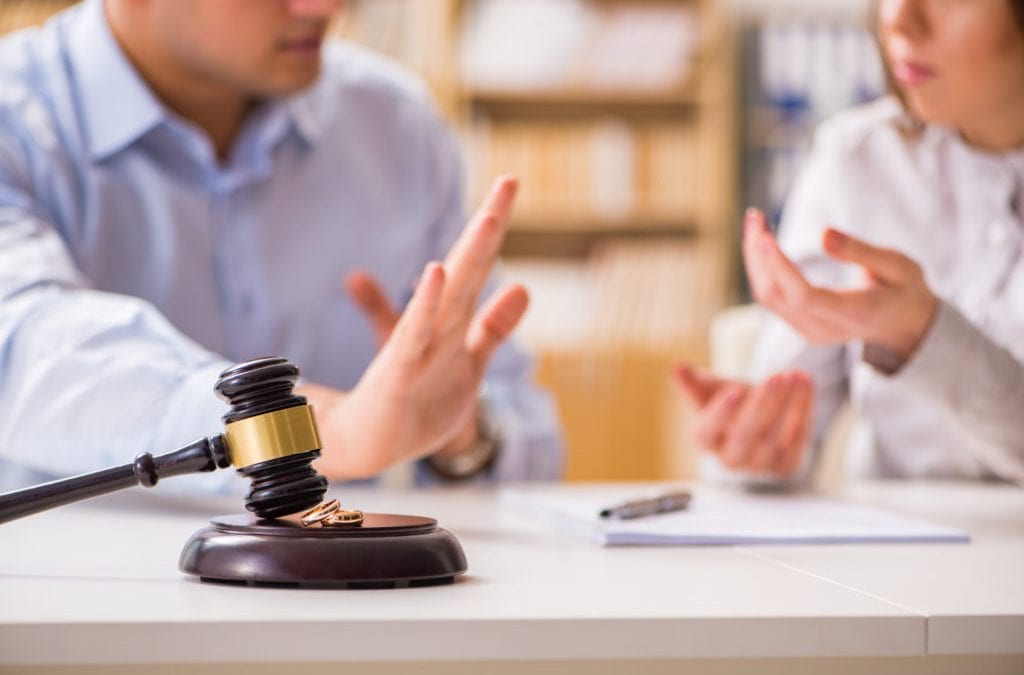In the majority of women menstrual cycles are a normal aspect of life. They can be painful unpleasant, uncomfortable, and painful. But, with the right methods you can reduce the symptoms of menstrual cramps and make your menstrual cycle more easily.
Which are the top frequent symptoms of a period?
Cramps
Contractions of the uterus can cause menstrual cramps, as it sheds its liner. They can be moderate to extreme and caused by lower back discomfort.
Mood changes
A lot of women experience mood swings throughout their period. They can be irritable or anxiety as well as depression.
Fatigue
Some ladies may experience more exhaustion than usual during their period. This can make it difficult for them to concentrate and carry out daily tasks.
Headaches
Hormonal shifts during the menstrual cycle may cause headaches, ranging from moderate to severe.
Bloating
Many females experience constipation during their periods, which is due to water retention.
Acne
Hormonal fluctuations during menstrual cycles can trigger breakouts of acne.
The tenderness of the breasts
Some females experience breast tenderness when they go through menstrual cramps cycles that can be moderate to extreme.
Here are some suggestions to deal with times:
Make use of menstrual products that are effective for you
Numerous menstrual products are available such as pads, tampons, menstrual cups, and period panties. Each one comes with its advantages and drawbacks, therefore it’s crucial to select the best one for you. If, for instance, you’re seeking a more environmentally friendly option, a menstrual cup might be the best option to choose. If you’re worried about leaks, then period panties might be a good option. Whatever you prefer be sure to have plenty of items available before the start of your period.
Get pain relief medicine
Cramps are a typical indication of menstrual cycles which can be very painful. Pain relief medications available over the counter such as ibuprofen can ease discomfort. Be sure to follow dosage instructions closely and talk with your physician if you are suffering from any medical condition that could be affected by pain relief medications.
Keep hydrated
Drinking plenty of fluids during your periods can alleviate cramps and bloating. Also, it is important to stay clear of alcohol and caffeine, as they can cause dehydration and make your symptoms more severe.
A balanced diet is recommended
A balanced, healthy diet can help control your hormones as well as reduce symptoms. Make sure to include plenty of vegetables, and fruits as well as whole grains and lean protein in your diet. Avoid processed food such as sweet snacks, sugary foods, and fried food which can trigger bloating and cramps.
Rest well
Fatigue is the most common sign of menstrual cramps and getting enough sleep is crucial to control the symptoms. You should ensure that you get at least seven or eight hours of sleep every evening, and you should take breaks as needed throughout the day.
Be active
Exercise can relieve cramps and improve mood throughout your period. gentle exercises, such as walking or yoga, can be especially beneficial. But, it’s crucial to pay attention to your body, and not do too much.
Manage your stress
Stress can cause symptoms of menstrual cramps to become worse, so it’s vital to control your levels of stress during this period. Relaxation techniques, like the practice of deep breaths or meditation, can be beneficial. It is also possible to think about consulting counselors or therapists when you’re dealing with extreme anxiety or stress.
It can be a stressful period for many women However, hopefully, these tips will aid you in managing your symptoms better. In addition, if you would like to postpone your period since it’s due at a time you don’t want then you should go through our perimenopausal delay remedy below.








